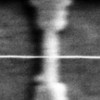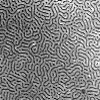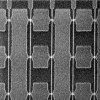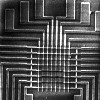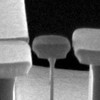Open Books
Open dissemination and sharing of knowledge has been one of the major benefits from information technology. The Los Alamos and now Cornell ArXive repository, MIT's Open Courseware, the archived talks and discussions of workshops and symposia of NSF or Kavli Foundation supported institutions, Google Scholar, and others, have brought us all a bit closer and helped us learn.
Books, as a replacement of poetry that documented history and life, have traditionally been our way of sharing and passing on the knowledge developed for hundreds of years. There are few greater pleasures than leafing through a well-worn, well-bound, and well-written book marked through time. Published books, however, have a modern problem. Technology has had little impact on the cost of published books. Cost of technical books is extortion, new editions with minor changes are brought out at inflated prices, and one wishes for more titles from Dover, the only science publisher to have low cost as an agenda. Publishing entails hard research work, funding of the effort, writing of the papers, reviewing of papers, editorial work, electronic formatting - all largely done by volunteers outside a publisher's domain using broadly available software. However, private and professional society publishing still involves large charges in journal costs, page charges, and time delays. The private media and the professional societies to a lesser extent are businesses which open research and education is not. We owe organizations and people who have led the initiatives in fostering openness enormous gratitude; the world is a better place because of them.
Here you will find access to such open material, a now out of print book and other writings related to teaching and research that would be of interest to the community.
-
“Compound Semiconductor Device Physics”, Sandip Tiwari - first published by Academic Press (1992) (View PDF)
This book has now been out of print for a number of years; with $10 hardbound versions sited in Korea and Taiwan, and $400 used ones available on Amazon. With many thanks to Dr. Robert Ilic and Richard Brown, this is a parsed version of the text book.
-
“Nanoscale Device Physics”, by Sandip Tiwari (PDF coming soon)
During 2007, I taught the first version of an advanced Device Physics cousre (for 2nd year graduate students from ee, physics, applied physics, and materials science) who have taken the traditional semiconductor physics, solid state physics, quantum mechanics, and semiconductor devices at the senior/graduate level, emphasizing the nanoscale. The course integrated nanoscale electronics, optics, magnetics, and materials. I am starting to write chapters that are being made available, and following a few iteration, I expect it to appear as a text for a capstone course.
